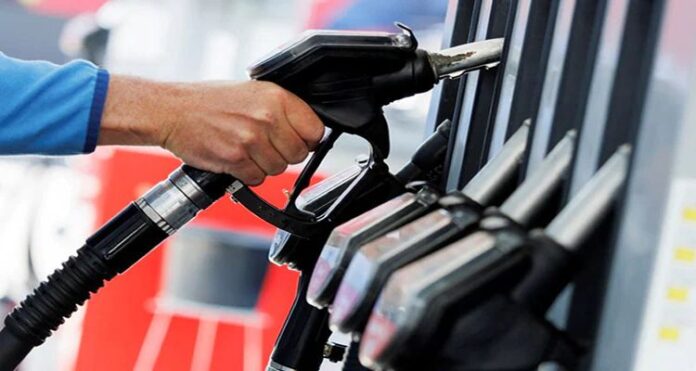| Translate This News In |
|---|
As the UK waits for a new leader, Britain announced Friday a significant 80 percent increase in energy and gas prices. This announcement marked a major worsening of the cost of living crisis before winter. As a result of rising wholesale gas prices following Russia’s invasion of Ukraine, regulator Ofgem announced that its energy price cap, which establishes prices for customers who are not on a fixed deal with their supplier, will increase in October to an average of £3,549 ($4,197) per year from the current £1,971. According to a statement from Ofgem, “The increase (in the cap) reflects the continued rise in global wholesale gas prices, which started to soar as the world recovered from the Covid pandemic and have been driven even higher to record levels by Russia gradually switching off gas supplies to Europe.”
Charities expressed outrage at the announcement, claiming that families were facing one of the “bleakest Christmases” in recent memory due to the UK’s double-digit inflation rate that is expected to reach 13 percent in the coming months as a result of skyrocketing energy prices.
According to anti-poverty experts, the nearly doubling of the cap will undoubtedly push millions into fuel poverty, forcing them to choose between heating their homes or eating.
Britain already has the highest inflation rate since 1982, and a recession is expected to start later this year.
According to Ofgem CEO Jonathan Brearley on Friday, “We recognise the tremendous impact this price ceiling hike will have on households across Britain and the difficult decisions people will now have to make.”
“I often interact with consumers, and I am aware that the news of today will worry a lot of people,”
– “Zombie” administration
Conservative Prime Minister Boris Johnson’s political rivals have accused him of running a zombie government while inflation soars, and this has dominated the contest to succeed him.
Leading candidate Liz Truss and opposing leadership aspirant Rishi Sunak are debating how to handle the crisis.
Tens of millions of houses in Britain rely on gas-powered boilers for their heating, making gas a significant component of the country’s energy mix.
Demands for immediate government action to take additional measures to prevent placing the most vulnerable in desperate situations are coming from household and business consumers, energy suppliers, and opposition parties.
By the end of the next year, 58 percent of UK families, according to the University of York, might be in fuel poverty.
According to some forecasts, average bills could exceed £5,000 starting in January of 2014 as a result of Ofgem updating the cap every three months rather than the previous two-year standard.
Keir Starmer, the leader of the main opposition Labour party, has demanded a freeze on energy prices at the existing ceiling level.
Johnson, the outgoing premier, has promised to delegate important financial choices to his successor, who will be elected on September 5 after a summer-long leadership election.


















